
Businesses of all sizes benefit from diversity and inclusiveness
Instituting diversity and inclusion must come from the top of the organizational ladder and be woven into the fabric of the company culture.
My boss, Gary Blair occupies the top rung of the ladder at i24image.com, a call answering service that employs approximately 50 people. He’s been in the family business for over forty years.
As is our custom, we sit down early each morning to chat about what is going on with work and the world in general. When the subject of this article came up he offered his remembrance of what it was like decades ago, when diversity didn’t have an HR label. Inclusivity just happened. There was never a conscious decision to recruit minorities.
“The company always hired on the basis of skills and “fit”.
An example Gary shared, was of the time the company first hired a transgender person. This was 35 years ago, long before diversity was a buzzword and gender identity was in the public consciousness.
He said they were a bit nervous about how the rest of the team would respond, but it turned out that it was a non-event. The new agent was immediately included and a few months later when she left the city for another job opportunity – sadly missed.
Another example he gave illustrated how having a diverse team not only benefited the company but also the other team members.
A senior (Jewish) salesman had learned that a new (Muslim) employee was joining the team. He expressed his nervousness to Gary that he had never been in contact or worked closely with a Muslim before. His perception of them was painted by his own religious community and the mass media.
That first Christmas, Gary had them both join him for their annual holiday tradition of handing out presents and food downtown a local nonprofit organization that supports the homeless and at-risk youth.
After a day of wearing Santa hats and ho-ho-ho-ing together, the salesman told Gary that the experience opened his eyes:
“People are much more than who they pray to or how they pray. No religion has a monopoly on good or bad people.”
Diversity challenges our assumptions and nurtures our empathy.

“Diversity: the art of thinking independently together” Malcolm Forbes
Diversity has become a Human Resource buzzword often relegated to Political Correctness.
Boards of Directors, political parties and the public service are often mandated to set diversity goals.
However, not all companies wait until they are coerced to take action. Many understand the business and social benefits of a diverse workplace and continually monitor their recruitment strategies.
It’s not uncommon that some companies will extoll their progressiveness by pointing out that a great many of their employees come from different ethnicities, religions, and sexual orientations. But these employees are by and large lower pay level worker-bees buzzing far below the predominately older, whiter males sipping honey far above them on the ninetieth floor.
It’s unfortunate the topic has been politically charged (then what hasn’t?) as the benefits of surrounding yourself with a diversity of opinions, traditions and perceptions add to your personal growth and your professional health.
Diversity challenges for small to medium-sized companies.
Businesses don’t exist in vacuums.
They live in the same community as their clients and employees.
The internet and social media, in particular, have transformed company walls into two-way mirrors. Customers we work for and employees we work with want to see themselves reflected back.
We’re tribal by nature, and our first instinct is to gather in ‘like’ groups, to separate ‘us’ and ‘them’.
Of course, the ‘us’ is superior to ‘them’. We know how it’s done and they don’t.
We don’t live in huts on the Savanna plains anymore. We live mostly in large urban, cosmopolitan centres.
The more we come in contact and include ‘others’, the more we open up and enrich our own tribes.
We grow richer, figuratively and literally, by opening ourselves to diverse opinions, perspectives, and talents.
Familiarity breeds inclusion.
[click_to_tweet tweet=”‘Real leaders don’t surround themselves with “yes men” and sycophants.’ ” quote=”‘Real leaders don’t surround themselves with “yes men” and sycophants.’ ” theme=”style2″]
When we curl up under our ‘superiority comforter’ we miss out on the ability to grow and be responsive to the changing world around us.
We live in a global economy where our clients and competitors interact and do business with different cultures, languages, and protocols.
Without the ability to tap into this diversity – to be open to what people of diverse backgrounds bring to the table, we handicap ourselves.
As technological change accelerates exponentially, we need to bolster ourselves with creative solutions that can only come from the friction of different ideas colliding with each other.
Successful business people know this already.
“In terms of the workplace, diversity refers to an organization ensuring the talent pool they recruit, retain, and develop is a varied one.
This means making efforts so that everything from different races and ethnicities, genders, religions, sexual orientations, and abilities are all well-represented within your walls.” – Justin Fragapane
The business case for diversity.
- “Diversity is a key driver of innovation and is a critical component of being successful on a global scale. Senior executives are recognizing that a diverse set of experiences, perspectives, and backgrounds is crucial to the development of new ideas.”
– Forbes: study on fostering innovation through a diverse workforce.
- “Cultural diversity does, in fact, add value and, within the proper context, contributes to firm competitive advantage.”
– Academy of Management Journal
- “Employees at [diverse companies] are 45% likelier to report that their firm’s market share grew over the previous year and 70% likelier to report that the firm captured a new market.”
Diversity drives innovation.
Every person who joins your team carries with them different worldviews and perspectives.

Advantages if a Diverse workplace:
- Diverse cultural perspectives inspire innovation.
- Cultural sensitivity leads to increased empathy.
- Drawing from a culturally diverse talent pool allows for attracting and retaining the best talent.
- Diverse teams are more productive.
- Provides increased opportunity for personal and professional growth.
- Gives access to diversified clients.
If we don’t challenge ourselves to new ideas, technology and cultures, we stand to stunt our opportunity to grow.
Diversity in the workplace generates creative ideas that give us a competitive advantage in a global economy that draws from all cultures. This is true whether we are a small independent company or a large multinational.



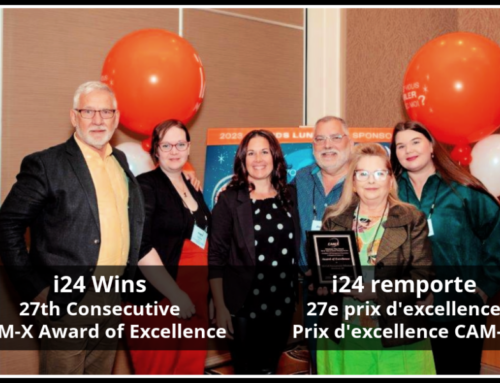
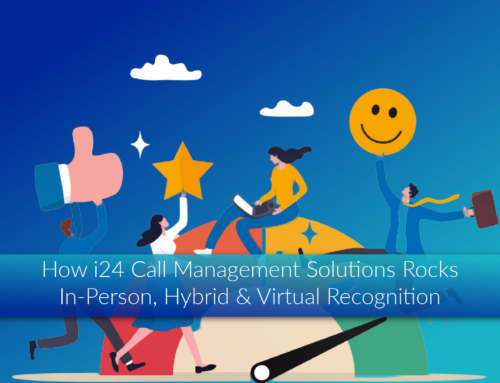
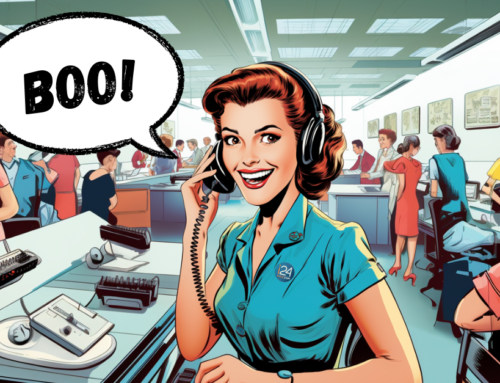
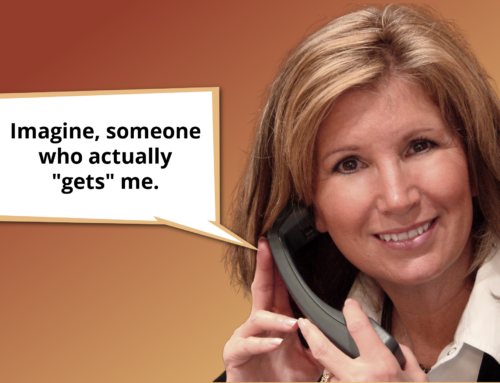
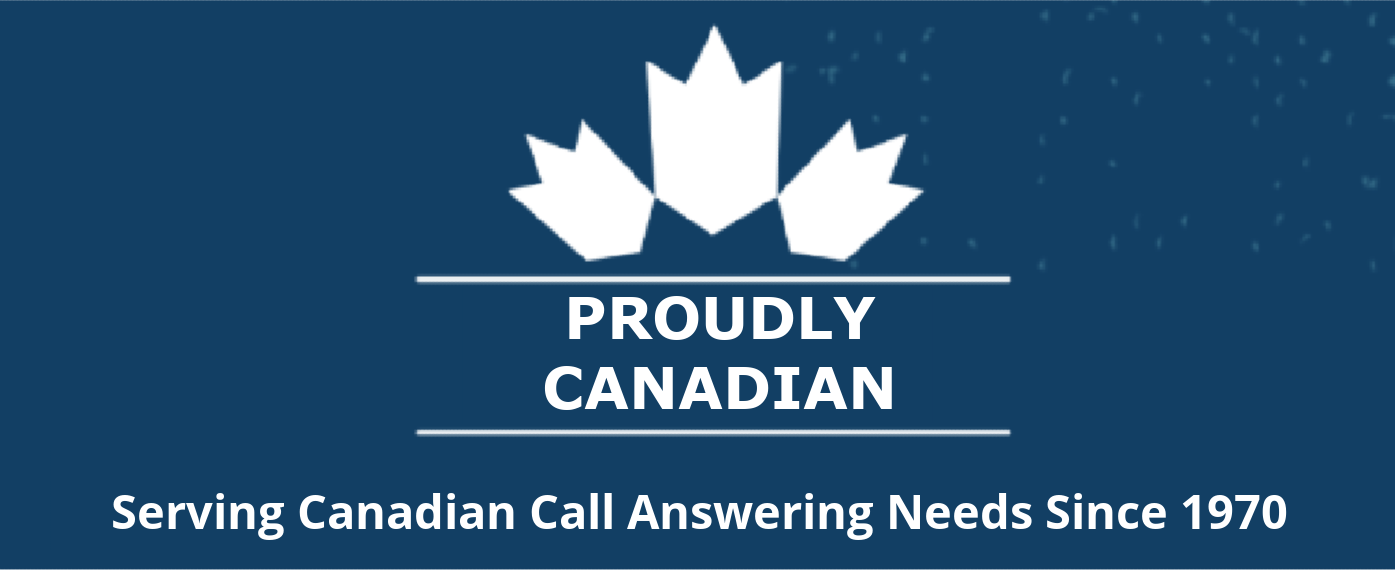




Insightful read on workplace diversity! It’s indeed a crucial resource for fostering innovation and inclusivity.